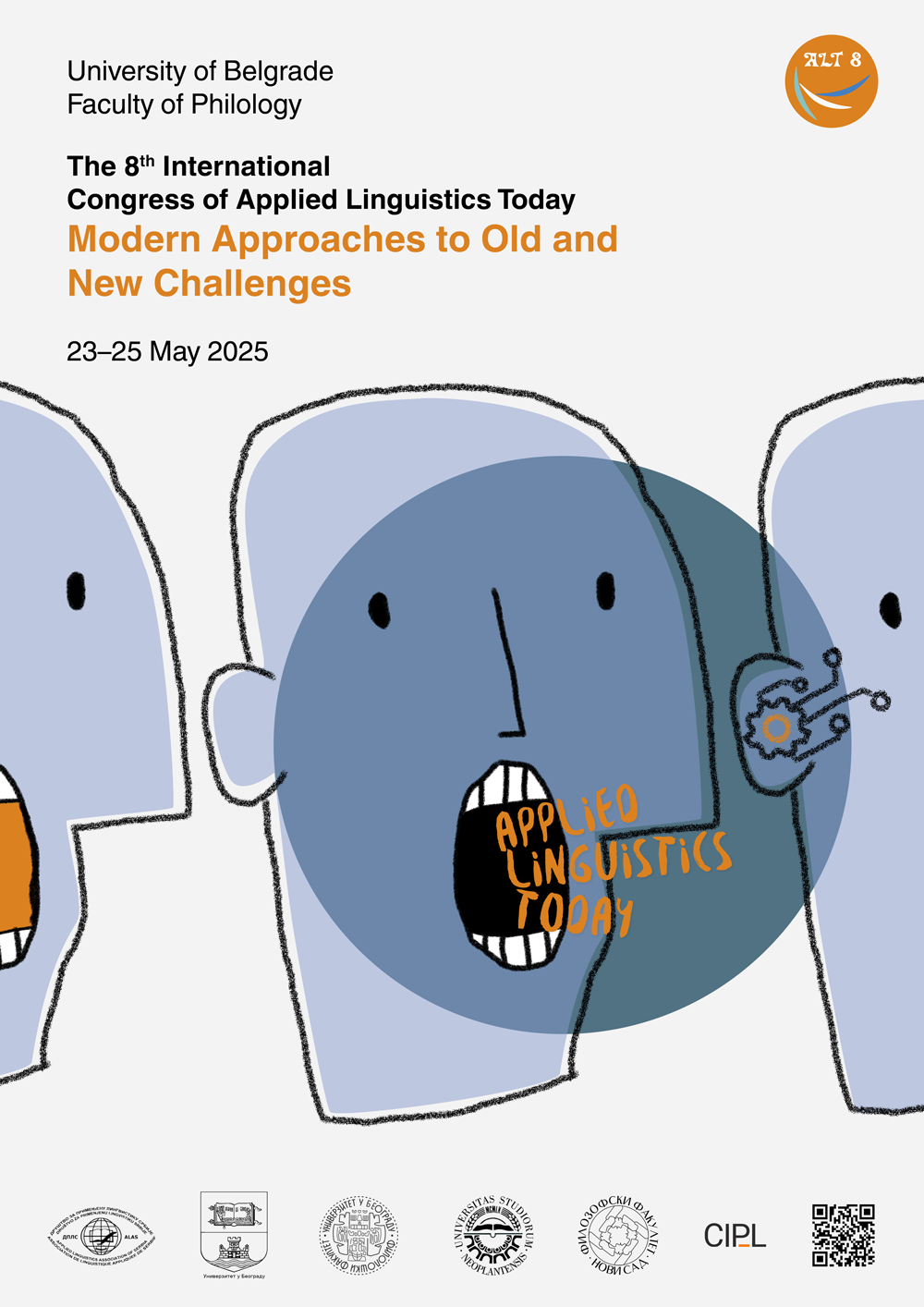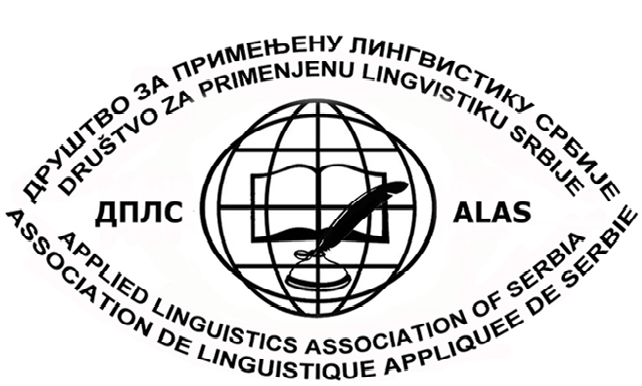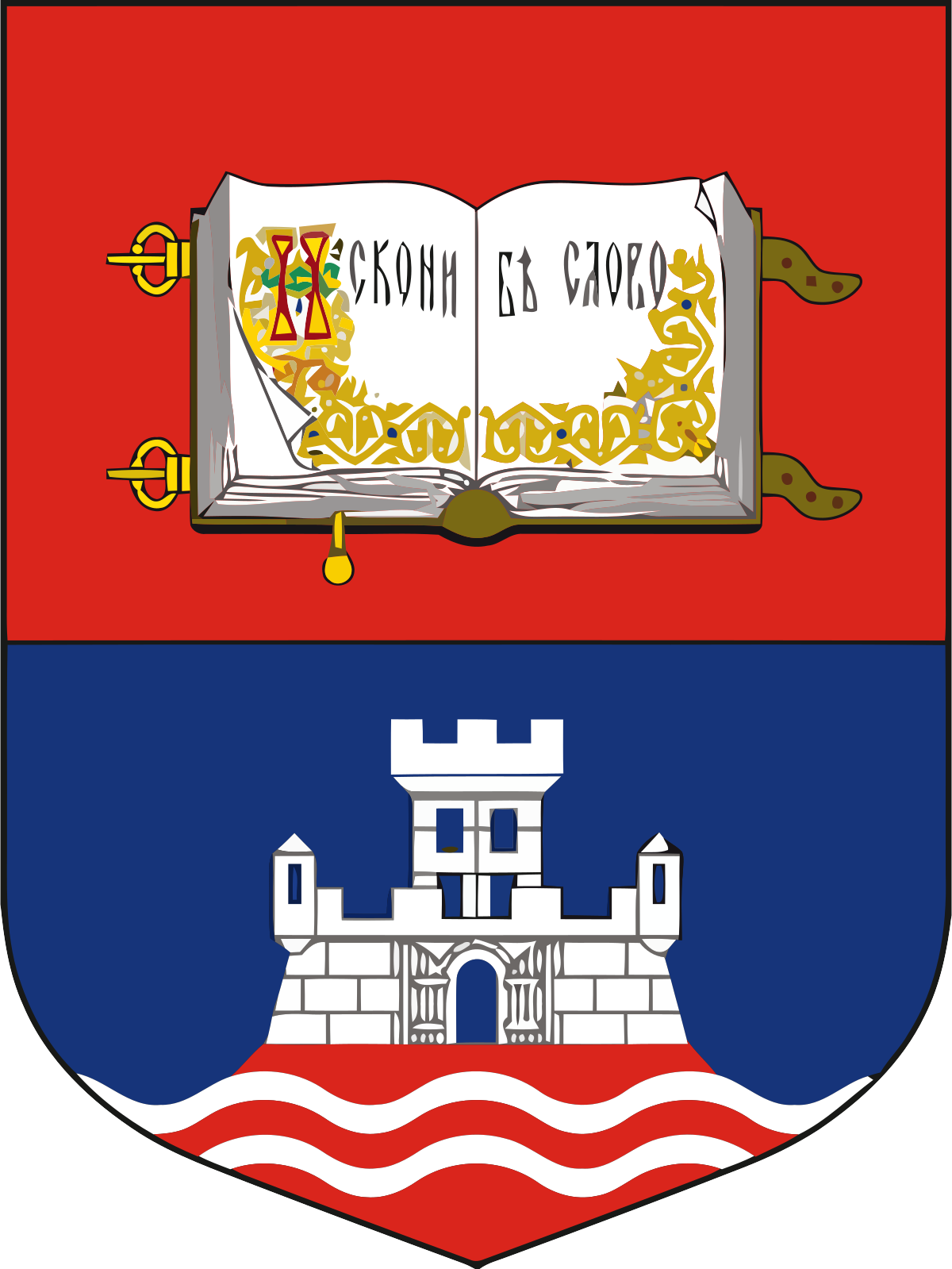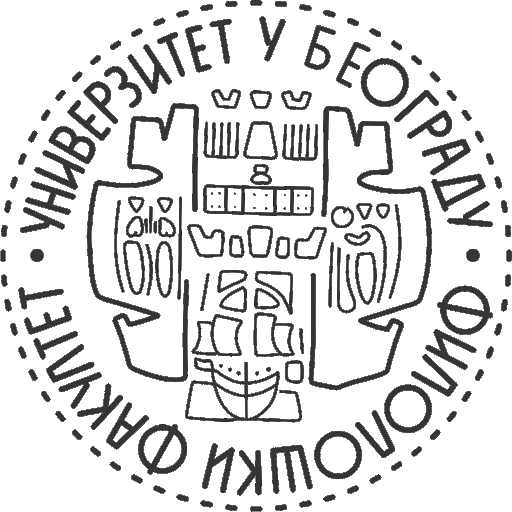Plenary Speakers

Ken Hyland is an Honorary Professor at the University of East Anglia. He has published over 320 articles and 30 books on writing and academic discourse with 95,000 citations on Google Scholar. A fifth edition of his Teaching and Researching Writing will be published by Routledge in 2025. According to the Stanford/Elsevier analysis of the Scopus database, he is the most influential scholar in language and linguistics (for 2022, 2023 and 2024). A collection of his work, The Essential Hyland, was published in 2018 by Bloomsbury. He is the Editor of two book series with Routledge and Bloomsbury, is a visiting professor at Jilin University in China and a Foundation Fellow of the Hong Kong Academy of the Humanities. He was founding co-editor of the Journal of English for Academic Purposes and co-editor of Applied Linguistics.
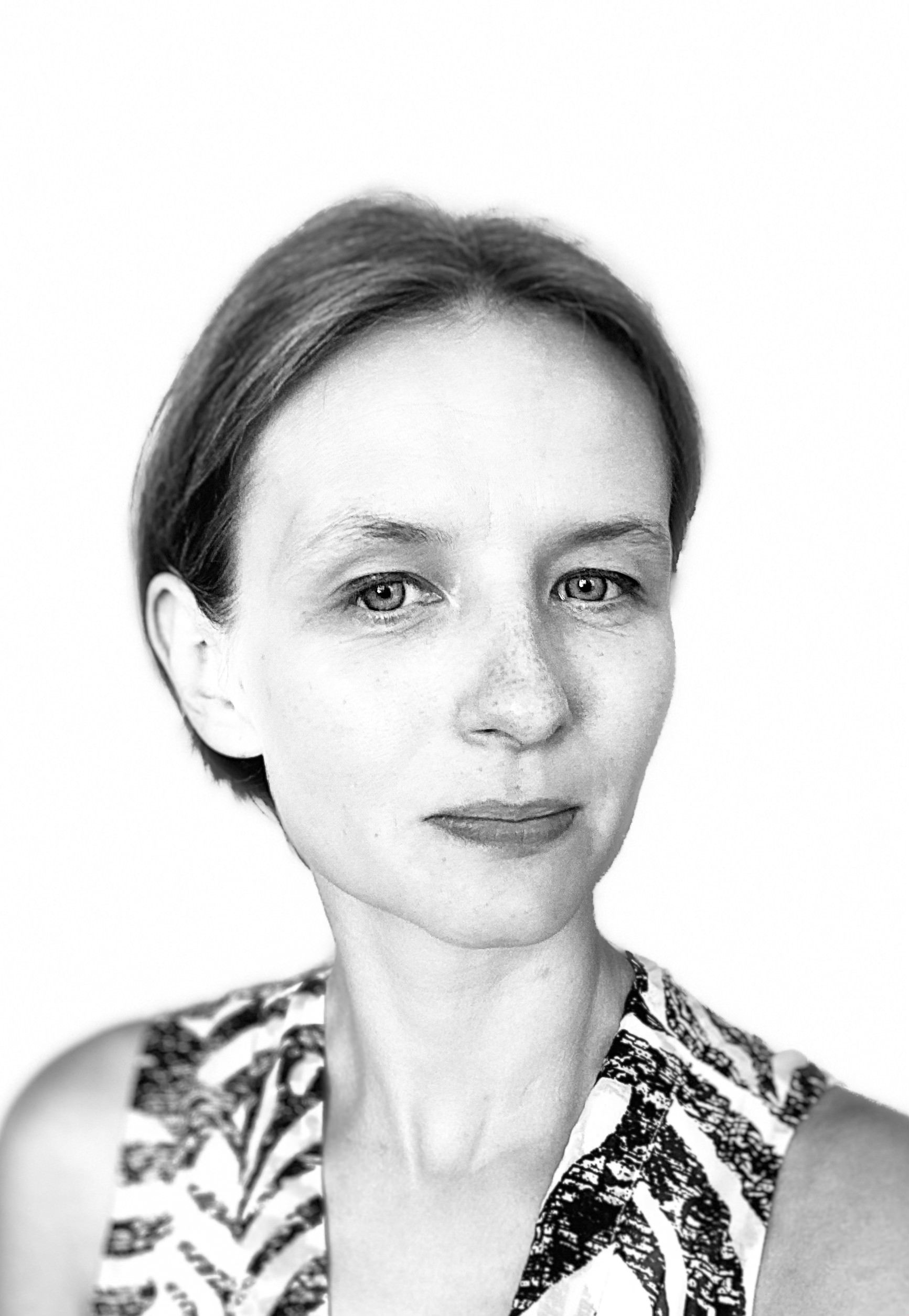
Marta Kajzer-Wietrzny is an Assistant Professor in the Department of Translation Studies at the Faculty of English, Adam Mickiewicz University in Poznań. Following her PhD dissertation on interpreting universals and interpreting style (2012), she has continued empirical investigations of spoken and written mediated language used at the European Parliament. For example, within the TRINFO project, she conducted research during a year-long stay at the University of Bologna, where she worked on expanding the European Parliament Translation and Interpreting Corpus (EPTIC) to include Polish language data. As a team member of the PINC project at Adam Mickiewicz University, she collaborated on the compilation of the Polish Interpreting Corpus.
Although her primary research focuses on using corpus linguistics and natural language processing methods to trace linguistic patterns in language, she occasionally collaborates with process-oriented colleagues using key-logging and eye-tracking to investigate interpreting and translation processes. She co-edited a book on mediated discourse at the European Parliament (Language Science Press) and is guest-editing an upcoming special issue of Across Languages and Cultures devoted to corpus-based translation and contrastive studies.
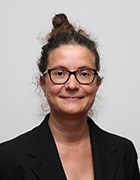
Sílvia Melo-Pfeifer, PhD, is Full Professor of Foreign Language Teacher Education at the University of Hamburg (Germany). She is part of the research centers LiDS (Literacy in Diversity Settings) and CIDTFF (Centro de Investigação Didática e Tecnologia na Formação de Formadores). She carries out research on pluralistic approaches to language learning and teaching, on heritage language education, and on foreign language teacher education. She has been exploiting the potential of arts-based approaches in raising awareness of what it means to be and become plurilingual.
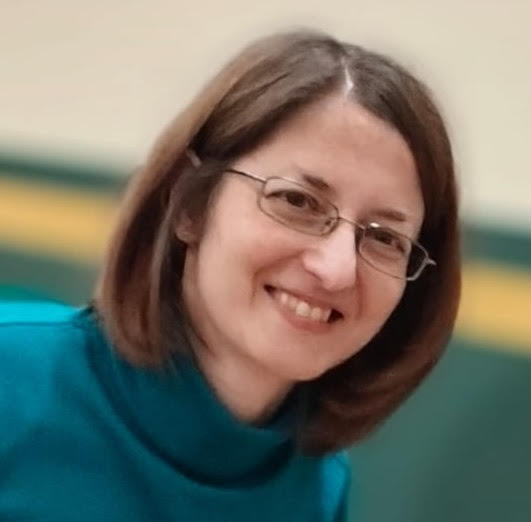
Associate professor of General Linguistics in the Department of Interpreting and Translation at the University of Bologna (Italy). Her research focuses on morphosyntax, linguistic aspects of second language acquisition and linguistic properties of translations. She is also interested in metalinguistic competence and the role formal education plays in its development. Her recent publications include a book on statistical analysis in second language acquisition, coauthored with Tihana Kraš (Statistička analiza podataka u eksperimentalnim istraživanjima usvajanja drugoga jezika, University of Rijeka, in press), while recent projects combine research endeavours (e.g. UNITE - Universally Inclusive Technologies to Practice English) and partnerships directed towards the development of new skills in language-related degree courses (in particular UPSKILLS - UPgrading the SKIlls of Linguistics and Language Students). Following a previous institutional partnership, she also became one of the founders of the Regional Linguistic Data Initiative Centre in Belgrade.
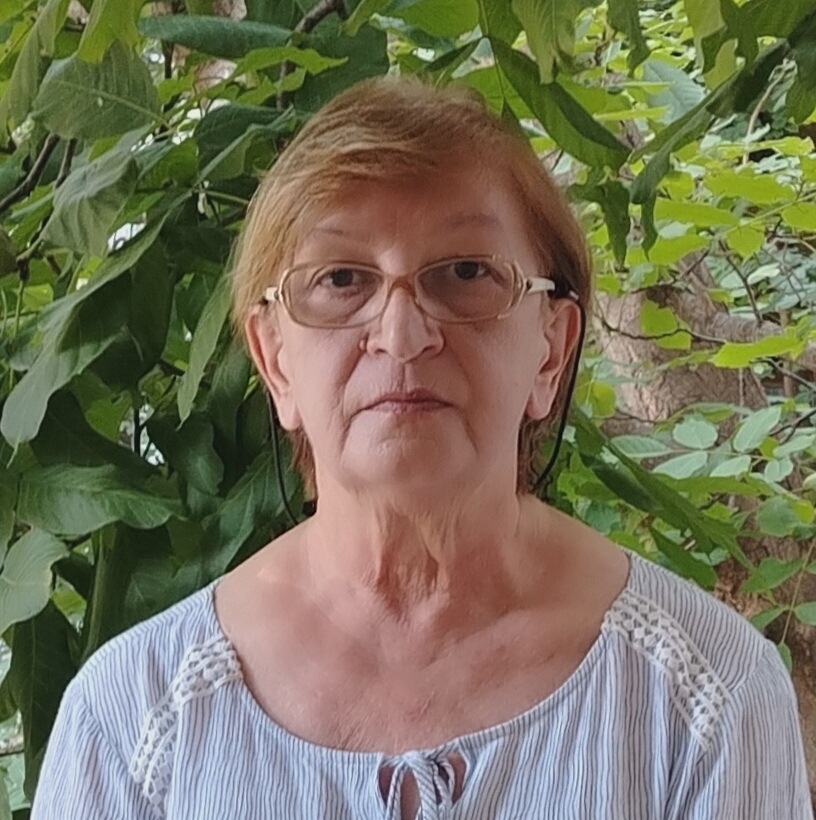
Vesna Polovina is a full professor of General Linguistics at the University of Belgrade – Faculty of Philology. Her research focus is on discourse analysis, semantics and pragmatics, and conversational language. She has written several books and a number of scientific articles. Her latest contribution (co-author with Gordana Jelić) to discourse analysis is a study on SMS and text messaging in Serbian. She was involved with the Applied Linguistics Association of Serbia and is currently editor-in-chief of the Association’s journal Primenjena lingvistika (Applied Linguistics).

Dr Srđan Popov is assistant professor in Neurolinguistics at the Faculty of Arts of the University of Groningen (The Netherlands). His research focus is on language processing using Event-Related Potentials, particularly in the field of sentence processing.In addition to ERPs and neurolinguistics research with typical and atypical populations (aphasia and dyslexia), he has conducted psycholinguisticstudies with behavioural methods, such as self-paced reading. His work has been published in Brain and Language, Journal of Neurolinguistics, Clinical Linguistics and Phonetics.

Junichi Toyota is a full Professor of English Language and Linguistics at Osaka Metropolitan University (Japan). His research mainly deals with cultural impact on the formation and diversification of linguistic forms, covering a wide range of constructions, such as grammatical voice, tense-aspect, transitivity and alignment. His approach is interdisciplinary including linguistics, cultural anthropology and cognitive science. He has published numerous articles on historical linguistics and cognitive semiotics/linguistics, and also several monographs. His recent research endeavour tackles the nature-nurture dichotomy, and examines cultural impacts on learnability. He is also analysing the relationship between genetic/racial variations in Homo s. sapiens and learning difficulty.
